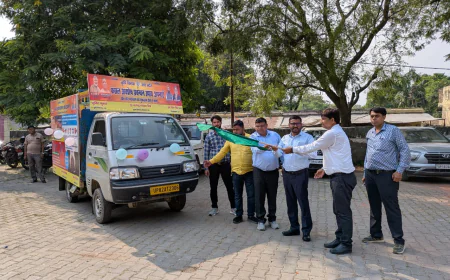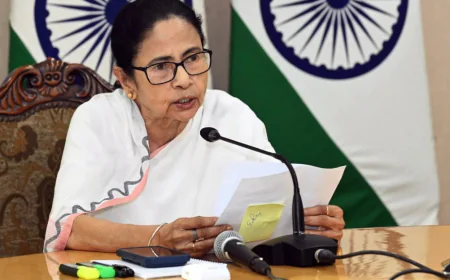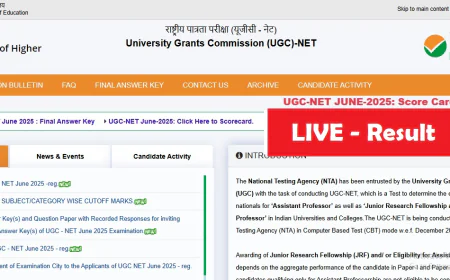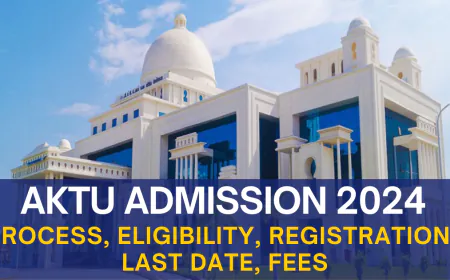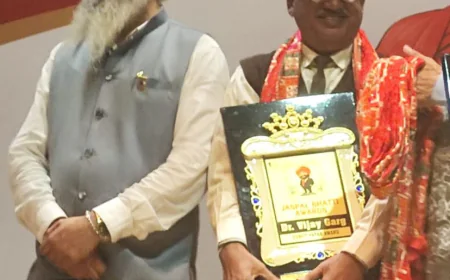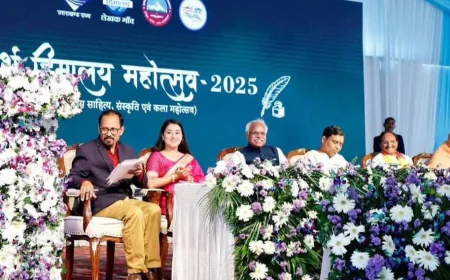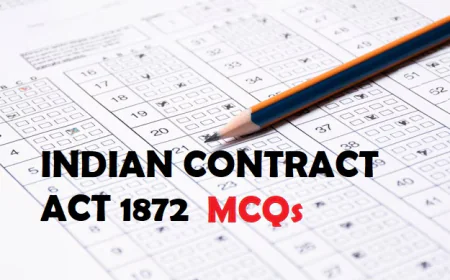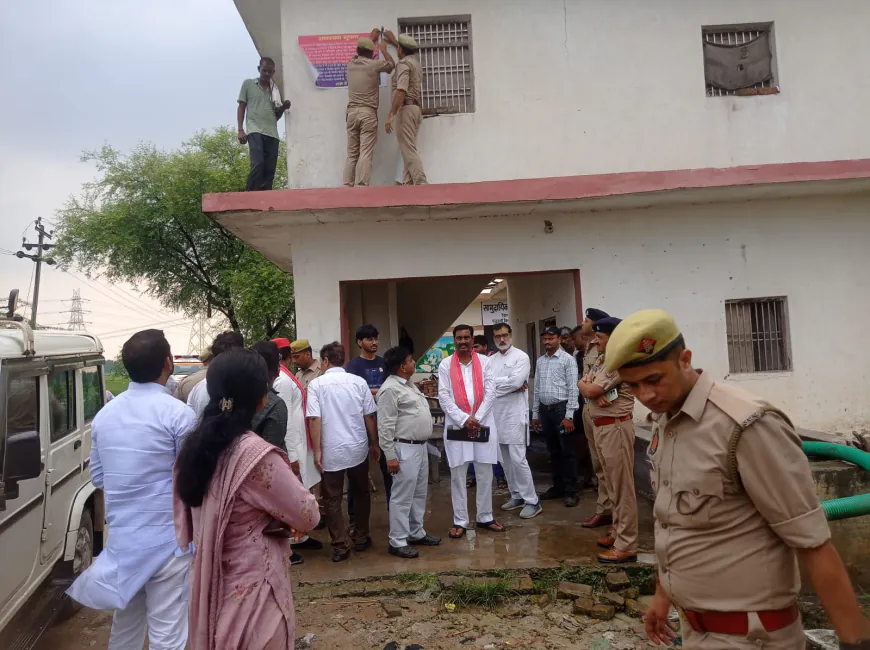foundation for lifelong learning and livelihood.
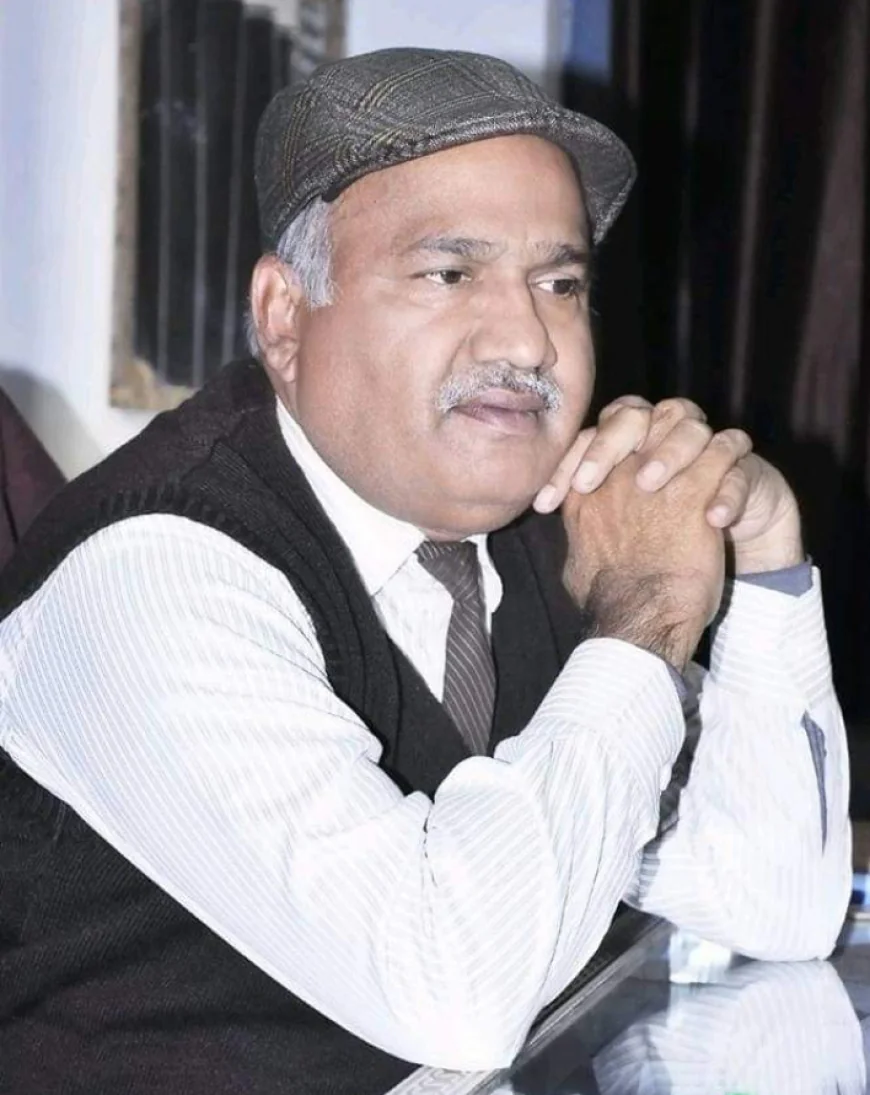
Rural literacy: How grassroots volunteers can enhance literacy Vijay Garg In rural India, literacy is more than just the ability to read and write,
providing the foundation for lifelong learning and livelihood. Yet, despite decades of progress, a large number of children in underserved communities continue to struggle with foundational reading skills. The inability to read fluently at the right age not only hampers academic performance but also closes doors to opportunities later in life, from higher education to dignified employment. Schools alone cannot bridge this gap. Frequently under-resourced in rural areas, a single teacher may be tasked with handling multiple grades or classes of 30-40 children, each at different reading levels. The pressure to complete the syllabus leaves little room for personalised attention.
As a result, many children are promoted year after year without mastering basic literacy, creating a learning deficit that only widens over time. What is needed is a collective effort that mobilises communities, strengthens access to books, and nurtures a culture of reading from the ground up. Here, grassroots volunteers can play an invaluable role. Local youth, women, or retired teachers can step forward as reading champions within their communities. They not only lead reading sessions and inspire children to explore stories but also provide the personalised support that classrooms often cannot. Volunteers bridge the gap by grouping children according to their reading level, giving focused inputs, monitoring progress, and fostering peer learning. This tailored approach ensures that no child is left behind and that every student can strengthen reading skills at their own pace. The urgency of this work is highlighted in the Annual State of Education Report (ASER) 2024 by Pratham, which shows that despite progress, persistent gaps remain in rural learning. For instance, the share of Class III government school children able to read a Class II-level text rose from 16.3 per cent in 2022 to 23.4 per cent in 2024, the highest level since ASER began. Among Class V students, reading fluency improved from 38.5 per cent to 44.8 per cent over the same period. These figures highlight that while foundational literacy is improving, large sections of children still lack grade-level skills-underscoring the urgent need for community-driven, volunteer-led reading interventions. Access to books is another crucial enabler. Small, school or community-based libraries stocked with age-appropriate and engaging material help cultivate a reading habit outside the classroom. When children are exposed to stories that reflect their realities or spark their imagination, the joy of reading becomes self-sustaining. Evidence from villages surrounding Chandrapur, Maharashtra, provides a glimpse of what is possible.
A rural Reading Promotion Programme, launched in 2019 and evaluated between 2022-2024, revealed consistent upward trends in reading across all grades, thanks to community volunteers called 'Pushtak Fairies'. Two factors emerged as most strongly linked to improvement: the number of reading sessions attended and the number of books read. Students who stayed in the programme for more than a year not only improved faster but also began subsequent academic years at higher reading levels than their peers-demonstrating the fact that community-supported literacy programmes create a compounding effect. Once a child builds confidence in reading, their ability to engage with other subjects also improves. Such models prove that transformation need not be expensive. With sustained volunteer participation, steady access to books, and regular encouragement, literacy outcomes can be dramatically improved at a low cost. NGOs and civil society organisations have a key role to play in scaling this model, supporting volunteers with training and resources, and ensuring accountability through monitoring. Rural literacy is not just an education challenge; it is a development imperative. Children who can read are more likely to stay in school, pursue higher studies, access skilling opportunities, and secure meaningful livelihoods.
For communities, literacy fuels empowerment, strengthens voice and agency, and helps break the cycle of poverty. The path forward is clear: India must invest not only in classrooms and teachers but also in the power of communities themselves. By harnessing local volunteers as reading champions and embedding reading habits with access to books, we can lay a stronger foundation for Bharat's rural children. Vijay Garg Retired Principal Educational columnist Eminent Educationist street kour Chand MHR Malout Punjab


